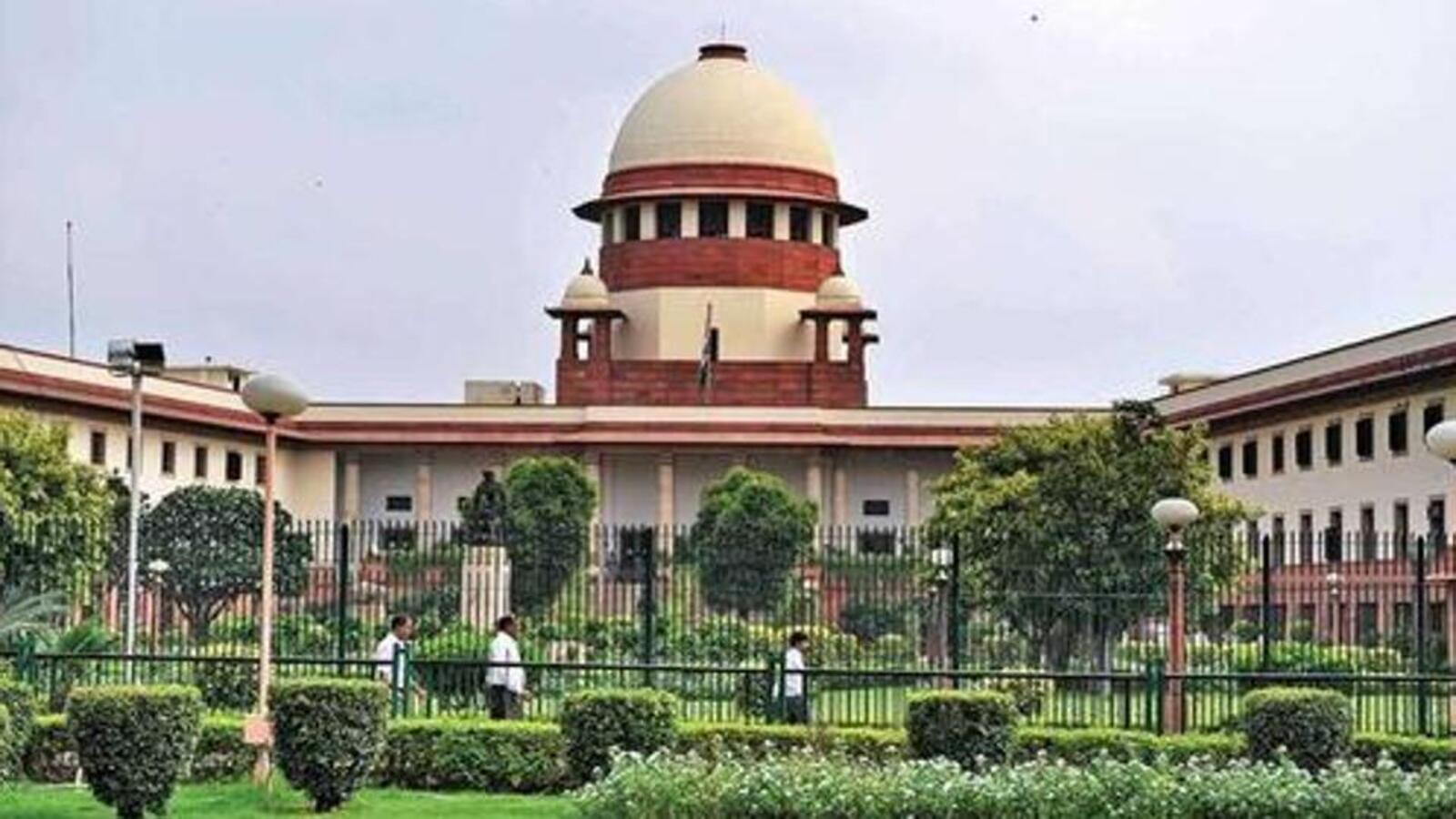Supreme Court Mandates Public Asset Disclosure to Boost Judicial Transparency
Current Affairs NationalPosted by newadmin on 2025-04-09 08:48:52 | Last Updated by newadmin on 2026-02-04 17:50:25
Share: Facebook | Twitter | Whatsapp | Linkedin Visits: 17

In a landmark decision, the Supreme Court of India has mandated that all judges, including the Chief Justice, publicly declare their assets, marking a significant shift towards judicial transparency and accountability. This move follows a recent scandal involving a Delhi High Court judge found with large amounts of unaccounted cash, triggering public concern over corruption within the judiciary.
Historically, judges were not required to disclose their financial information publicly. However, calls for greater accountability have grown since the 1997 Restatement of Values of Judicial Life, which outlined ethical standards for judicial conduct. These include impartiality, avoidance of conflicts of interest, and refraining from political engagement.
Previously, judges declared their assets confidentially to the Chief Justice. In 2009, public disclosure became voluntary, and in 2018, a Constitution Bench ruled that judicial assets are not exempt from the Right to Information (RTI) Act, paving the way for full transparency.
The Supreme Court has also strengthened its in-house inquiry procedure, allowing it to investigate judicial misconduct without resorting to impeachment. This mechanism is crucial for maintaining integrity within the judiciary.
The latest resolution reflects the Court’s recognition of the need to preserve public trust and uphold the principle that justice must not only be done but also be seen to be done. It marks a pivotal step in reinforcing ethical standards and promoting accountability in India’s judicial system.
Search
Categories
Recent News
- Trump's Deportation Drive: 700 Fewer Agents, But Minneapolis Still Under Watch
- Bus Inferno on Nandyal Highway Claims Three Lives
- Looming Financial Crisis for PCB: The Cost of Forfeiting the India Match
- Uncovering the Explosive Truth: Police Raid and Imminent Demolition
- Red Flag Rally: CPI(M) Andhra Pradesh Conference Combats Communalism
- Looming Financial Crisis for PCB: The Cost of a Boycott
- Hamburger SV's Stern Punishment for Drunk Driving
- Chennai's Development Under the Lens: Minister's Inspection Tour
Popular News
- Navigating IPO Market Dynamics Amid Volatility and Regulatory Changes
- Massive Worldwide Microsoft Outage Disrupts Multiple Sectors
- Panjapur Bus Stand to Reshape TNSTC Routes
- తెలుగుదేశం పార్టీ - పేదరికాన్ని నిర్మూలించడంలో వాగ్దానం
- Universities Embrace Remote Learning Technologies Amidst Ongoing Pandemic